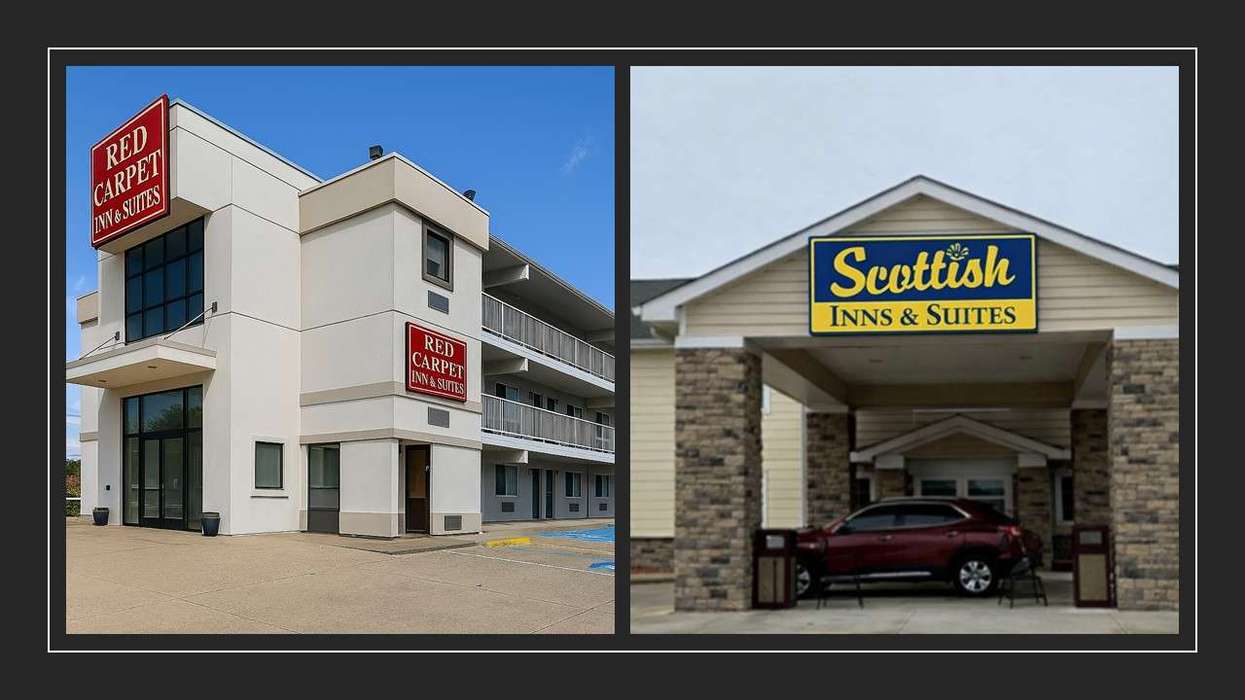TRAVELERS ARE SETTLING into the new normal as the U.S. has started a slow recovery from the COVID-19 pandemic, according the third in the series of the Fuel’s COVID-19 Consumer Sentiment Study. Short road trips will be most popular at first, and for lower-income consumers will be choosing to have shorter stays.
The Fuel survey was sent out on April 30 and received more than 10,000 responses. As many as 62 percent of respondents said that they will take a vacation in 2020 and 16 percent said they would in 2021. Only 3 percent said that they had no desire to take a vacation.
Respondents said that they would go to less densely populated locations within a few hours drive from home during the first three months of restrictions being lifted. The study also found that 60 percent of respondents have either canceled or rescheduled a trip, down from nearly 70 percent two weeks ago.
“A large number of people have yet to cancel a future trip. Being proactive with these guests by reaching out and offering to reschedule for free would potentially reduce the risk of losing these guests altogether,” the study said. “We have also seen success from properties that call the canceled guests and offer to rebook them with added incentives and no-risk cancellation policy.”
Millennials will be more willing to travel sooner than Gen X and Boomers and are less risk-averse. They will also spend less compared to other generations, the study said. Respondents also said that discounts could persuade them to book for holidays now. Around 28 percent of Millenial travelers said that they will stay at a more affordable property. So, any type of added value which can be included in a stay will help persuade these potential guests.
“Younger people, in addition to those in lower-income brackets are going to be more price-sensitive. Providing value-added packages will increase the chance of persuading those who are in the more price-sensitive category,” the study said. “Gift cards for gas, 2 breakfasts included per stay, Starbucks gift card or free coffee from your on-site coffee shop are examples of a few low-cost items.”
The two-hour drive market is the most confident for traveling sooner rather than later, with 36 percent ready to travel within a month of restrictions being lifted, and 31 percent from 1 to 3 months. Travelers in lower-income brackets also are likely to spend less than they have in the past, with shorter stays to more affordable properties.
Another finding from the study is that more than 75 percent of all travelers would like to receive communications from hotels.
“Proactively messaging your guest database with important information on their safety provides value to them and shows empathy. Being in communication with your guest during this time increases your chances of earning bookings as recovery picks up,” it said.
Hotels should begin to market themselves now to cash in on the new business, Fuel said.
“With more than 60 percent of consumers saying that they are intending to take a vacation in 2020, keeping your property top of mind now is imperative so that people will think of you when they are ready to make travel plans,” according to the study. “Many people are feeling the financial strain this pandemic, with unemployment filings reaching astronomical levels for the last few weeks. Keeping in mind that money will be tight for people for some time, there should be a focus on adding value to your packages. Look at incorporating things like free upgrades and food and beverage credits to encourage people to stay with you and help their pennies stretch further.”
In late May a study from research firm Arrivalist found travel over Memorial Day weekend increased 48.5 percent over the prior weekend.




